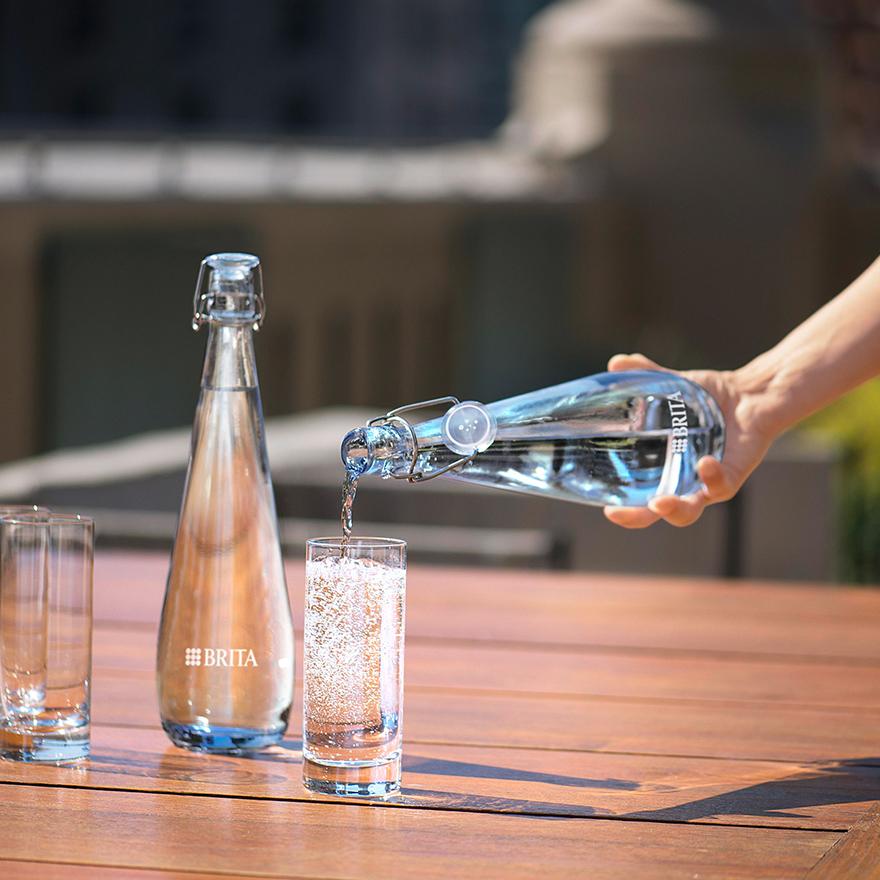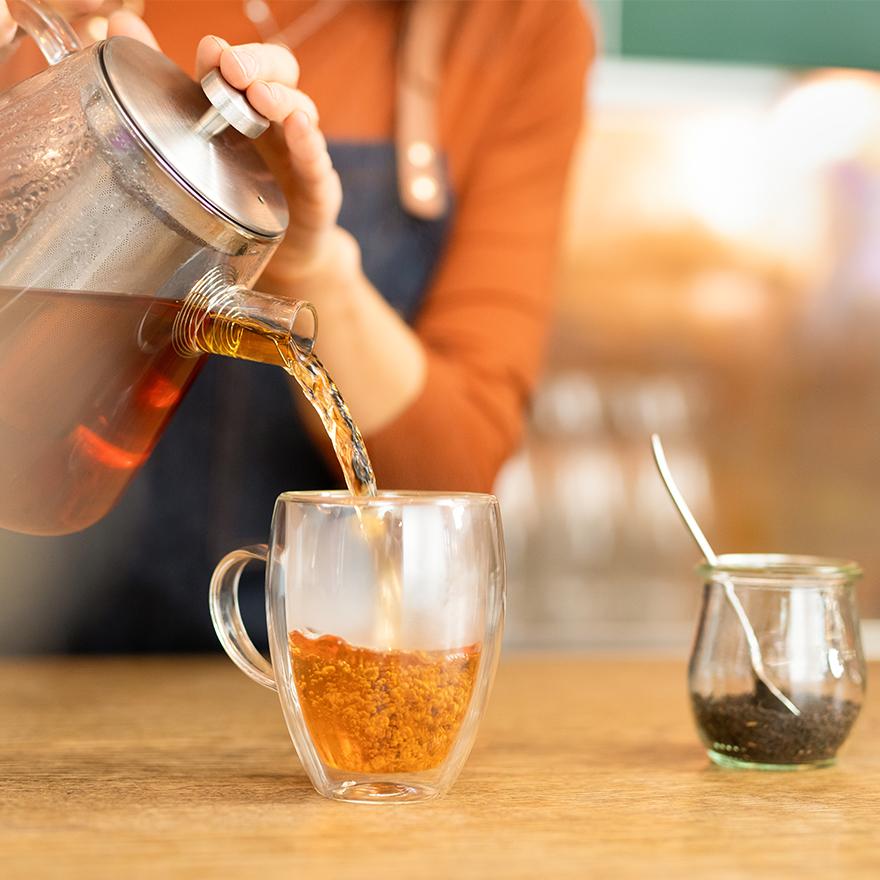At BRITA, we’re committed to sustainability by reducing our reliance on virgin plastic and lowering CO₂ emissions. By 2025, we aim to cut virgin plastic use in our signature products by 30%, focusing on innovative bio-based plastics made from renewable sources like tall oil, a by-product of wood processing. Our equally ambitious packaging strategy aims to eliminate virgin plastic, reduce waste, and ensure all packaging is 100% recyclable. Through initiatives like cartridge recycling and water dispenser solutions, we help reduce waste and promote circularity. Sustainability is central to everything we do, ensuring our products and practices support a healthier planet.
Incorporating bio-based products and other sustainable options into our daily lives is an essential step towards reducing our environmental footprint. By making conscious choices, such as opting for renewable materials and supporting energy-efficient production, we can all contribute to a greener future.
To learn more about how to make sustainable changes in your life, check out our frequently asked questions. Are you ready to take the next step towards sustainability? Explore our range of eco-friendly water dispensers.





